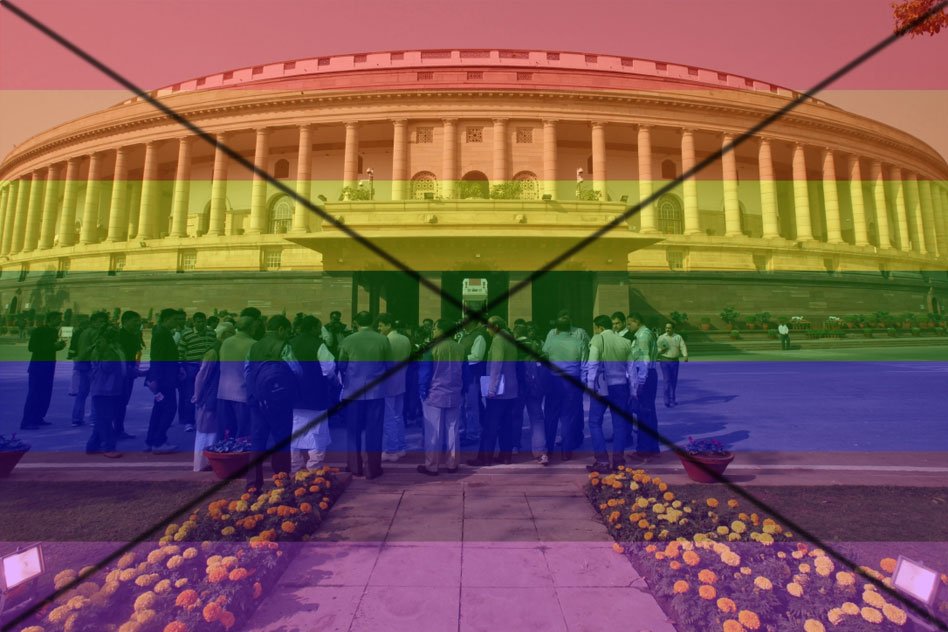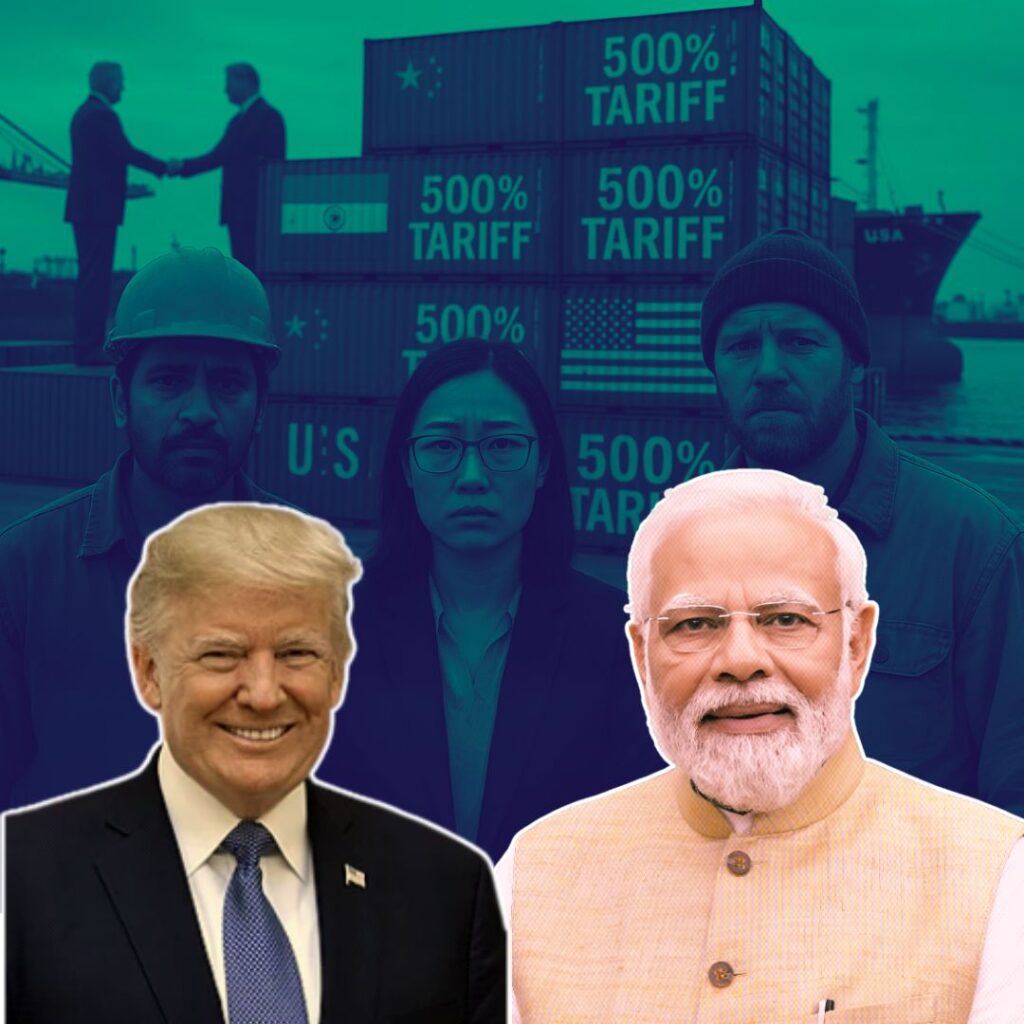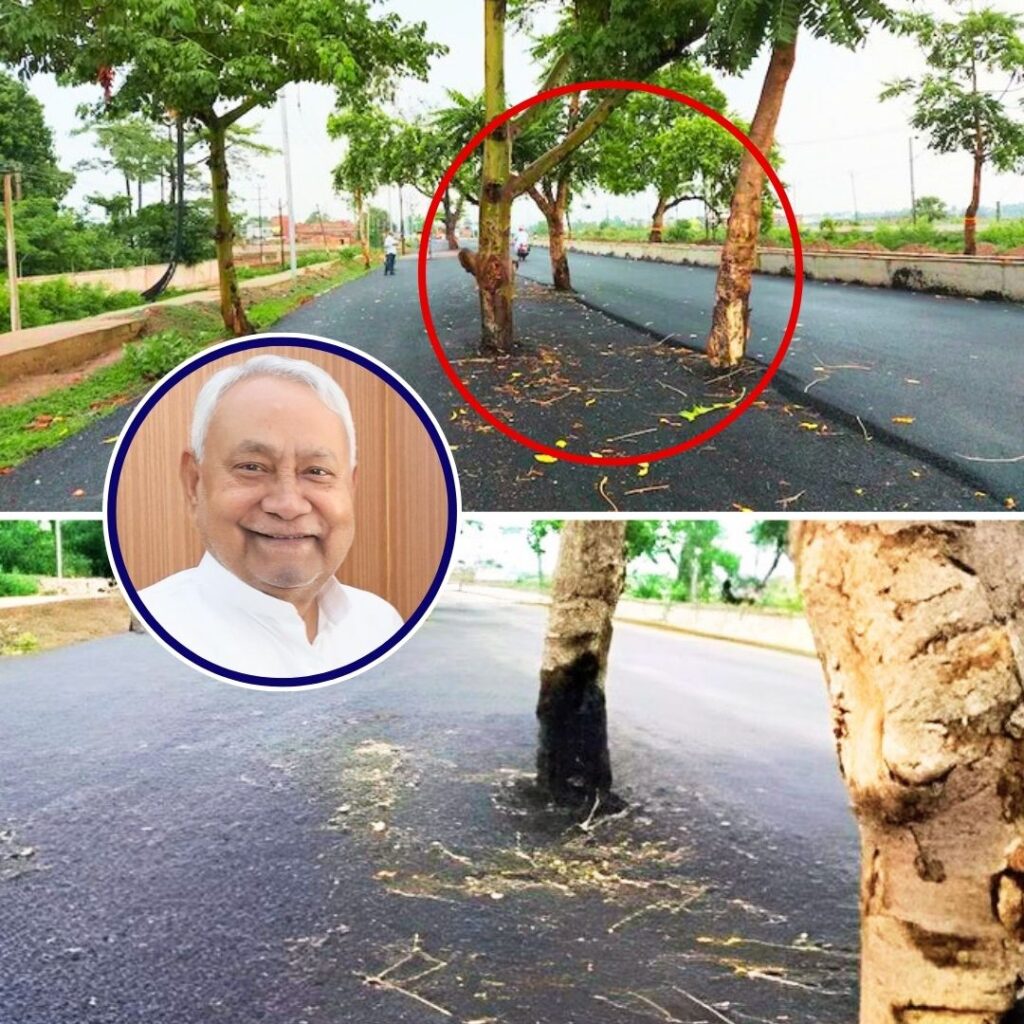MP Shashi Tharoor’s private member’s bill that aimed to amend Section 377 of the Indian Penal Code and essentially legalize gay sex in India was rejected today by the Lok Sabha. 71 of 96 MPs voted against the Bill, defeating it entirely.
More than being a big blow to India’s LGBT community, what happened today was a big blow to Indian democracy. On one hand, Parliament has not been functioning this entire year. The Budget Session was mundane, the Monsoon Session was a complete wash-out, and the Winter Session has come to be characterized by empty chambers, endless disruptions and foul-mouthed verbal assaults. Our politicians are simply not doing what they ought to be doing – which is constructive Governance.
And on the other hand, politicians rejected a Bill which would have made our legal system more … well, more 21st Century. Firstly, the MPs turn up in pathetically low numbers for such an important legislation (96 MPs in a 543-seat-House is plain mockery of India and an embarrassment to the nation). Secondly, rejecting such a proposal outright reflects sheer disregard for modernity and equality. Also, these politicians showed great enthusiasm in rejecting this Bill in such short time. Had they shown the same enthusiasm in doing their Parliamentary duties this year, we might have had something close to a ‘Parliament’.
The struggle for LGBT equality began in the West initially as a means to decriminalize gay sex. Over time, it achieved marriage equality in the more progressive parts of the world. This is a new struggle, an ongoing struggle. It has taken the form of referendums, legislations, Supreme Court rulings, endless debating and infinite demonstrations. But it has always meant the same thing – the championship of social, political and economic equality for the LGBT community.
The struggle for LGBT equality in India climaxed in 2009 when the Delhi High Court overturned Section 377 and decriminalized gay sex. It was heralded as a new day for India’s ever-evolving democracy. However, all the hard work put forth by activists was undone when the Supreme Court ruled in 2013 that the 2009 verdict was out of the Delhi High Court’s jurisdiction. The SC said only Parliament could amend the Indian Penal Code. Hope rose for bipartisanship on Section 377 when Finance Minister Arun Jaitley and MP Shashi Tharoor voiced their opposition to the archaic law. Hope rose – only to be quelled.
Mr Tharoor’s effort will not be the last. It is simply nonsensical for a democracy to discriminate between citizens on the basis of sexuality. Equality is not a very difficult concept to grasp; it simply means that every Indian should be equal before the Law. Equality is not something that should be a privilege; it’s something that should be the norm.
The politicians who voted against the Bill – and the citizens who are against the Bill – are on the wrong side of history. Whenever a State tries to curb the rights of a demographic, the demographic fights back and, after a long process of agitation or revolution, wins equal rights as everybody else. This happened with peasants, women, African-Americans, immigrants, colonies, religious minorities and ethnic minorities in every part of the world. In the past few decades this has been the same case with the LGBT community. As such, I feel fully confident that the Indian Penal Code will one day be free of homophobia and every homosexual Indian will be able to enjoy democracy just like every heterosexual Indian. Because history is on the side of equality. And a democracy like India has no place for Section 377.











